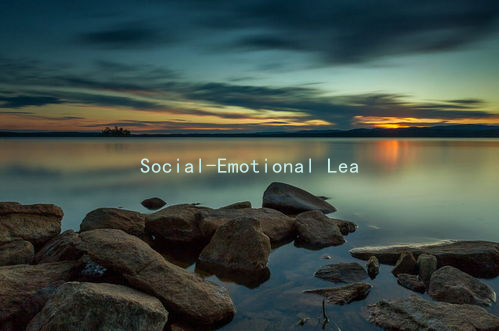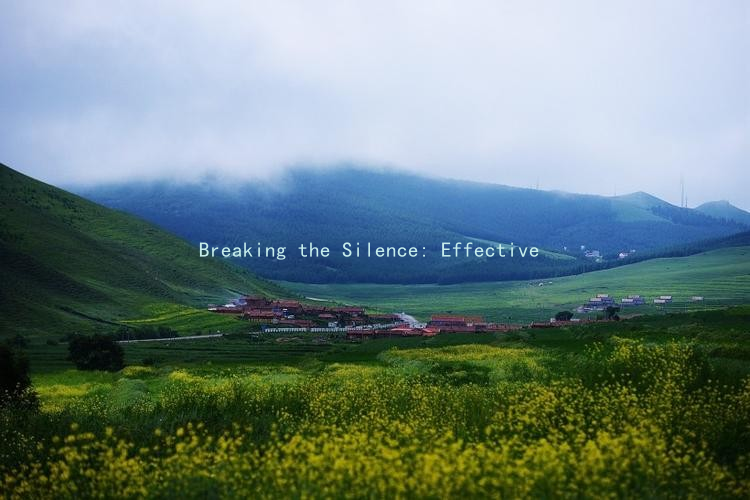The Impact of Bipolar Disorder on Romance: What Partners Need to Know
The Impact of Bipolar Disorder on Romance: What Partners Need to Know
Bipolar disorder is a mental health condition marked by extreme mood swings, including emotional highs (mania or hypomania) and lows (depression). This condition not only affects the individual but can also have a profound impact on their romantic relationships. For partners of individuals with bipolar disorder, understanding the intricacies of this condition is essential for fostering a healthy and supportive relationship.
Understanding Bipolar Disorder
Bipolar disorder varies widely from person to person. Some may experience long periods of stability, while others may face frequent mood changes. These fluctuations can lead to misunderstandings and challenges in romantic partnerships. During manic episodes, a partner may exhibit increased energy, impulsiveness, and a heightened sense of euphoria, which can be exhilarating at first. However, these behaviors can also lead to risky decisions, strained finances, and emotional turmoil.
Conversely, depressive episodes can manifest as withdrawal, irritability, and a lack of interest in activities, including those that once brought joy to the relationship. These shifts can leave partners feeling confused, frustrated, and even helpless.
Communication is Key
Open and honest communication is crucial in any relationship, but it becomes even more vital when dealing with bipolar disorder. Partners should create a safe space where feelings and concerns can be expressed freely. Regular check-ins about each others emotional states can help both partners stay informed and connected.
For partners of someone with bipolar disorder, it’s important to learn how to communicate effectively during different mood phases. During manic periods, for example, it might be wise to approach conversations cautiously, keeping a level head while discussing concerns. In contrast, during depressive phases, being supportive and patient becomes essential, as feelings of guilt and sadness may surface.
Education and Awareness
Knowledge is power. Educating oneself about bipolar disorder can eliminate stigma and foster empathy. Understanding triggers, symptoms, and the impact of medication can equip partners to better navigate the challenges that arise. Its essential for partners to recognize that mood swings are not a reflection of their worth or the quality of the relationship. Instead, these behaviors are rooted in the disorder itself.

Encouraging the person with bipolar disorder to adhere to a treatment plan, which may include therapy and medication, can significantly aid in mood stabilization. Partners should also be aware of the importance of not taking mood changes personally and recognizing the role of the disorder in influencing behavior.
Establishing Boundaries
Healthy boundaries are vital in a relationship where one partner has bipolar disorder. Setting clear expectations around communication, time spent together, and personal space can help protect both partners emotional well-being. It’s crucial for the partner without bipolar disorder to care for their own mental health as well, which may involve seeking support through counseling or support groups.
Additionally, both partners should discuss how to manage crises when they arise. Developing a crisis plan can provide a roadmap for both partners, ensuring that they know how to respond appropriately without escalating the situation.
Cultivating Emotional Resilience
Building emotional resilience is important for both partners. Engaging in stress-reducing activities together, such as exercise, mindfulness, or creative hobbies, can strengthen the relationship and create shared experiences. Practicing self-compassion and forgiveness will also aid partners in coping with the challenges that arise from bipolar disorder.
When the mood is stable, it’s beneficial for couples to reflect on their relationship’s strengths and areas for growth. Celebrating successes and each other’s achievements can reinforce the bond between partners, creating a foundation of love and support.
Conclusion
While bipolar disorder brings unique challenges to romantic relationships, understanding, communication, education, and empathy can lead to a deeper connection. Partners who are informed and willing to work together can navigate the complexities of bipolar disorder, ultimately fostering a resilient and loving relationship. Through patience and commitment, love can flourish, transcending the barriers posed by mental health challenges.





